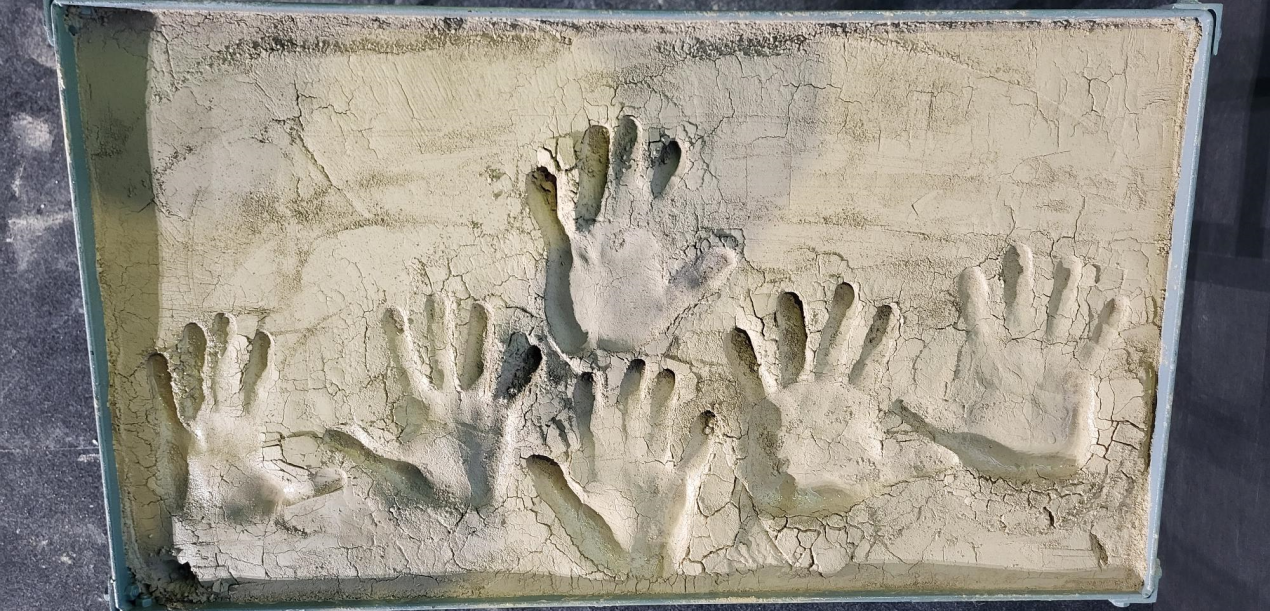Turin - Lyon: base tunnel worksite launched
The works in Val di Susa mark the start of the Italian phase

Italferr, the Engineering Company at the Gruppo FS's Infrastructures Centre, has been involved in designing the Turin - Lyon freight and passenger railway line for a number of years. This line is at the heart of the Mediterranean Corridor of the TEN-T Trans-European Transport Network, extending 270 km of which 70% is in France and the remaining 30% is in Italy.
The launch of the Italian phase is of enormously important significance.
The Contract, worth more than Euro 1 billion, sees Italferr involved in Direction of Works as the main contractor, in a grouping with SYSTRA, PINI Group SA and Setec Sa.
The works will be done in Val di Susa (Piedmont) in Chiomonte, where the Grouping will construct the section of tunnel from Chiomonte to the Susa mouth, as well as the related technical tunnels.
Indicatively, the works should take 94 months, with excavations totalling 28,5 km, and involving more than 700 labourers at the peak of the activities.
Besides the dual base tunnel, there will be the Maddalena 2 tunnel, the connecting tunnels, the connection branches between the two sides of the dual tunnel, the Clarea safety site, and the artificial tunnels at the eastern mouth of Susa.
Starting from the Clarea safety tunnel and through to Susa, two dual mode boring machines will be used for excavating, able to change how they advance based on the type of earth and rock they have to deal with.
During the works, 2,3 million cubic metres of materials will be removed, and will be valorised in Salbertrand, worksite CO10, and used for stone for making concrete on all the Turin - Lyon worksites.
The Director of Works team was present at the inaugural ceremony on 18 December 2023, on the occasion of the start of works for creating Worksite CO03 CO04 on the Italian side. It was attended by the Minister of Infrastructures and Transport, Matteo Salvini, who highlighted the importance of dealing competently with the challenges posed by the worksites, as they must serve as an example, ensuring high quality standards and sustainability.
“Clearly this infrastructure provides an advantage, but also causes a few problems for some people, and so they need to be assisted, explained to, and compensated and we are working with RFI to find the millions required to close out compensations for the territory in the programme agreement", said the Minister, referring to the concerns of the local communities.
One of the goals set for doing the work is, first and foremost, controlling road traffic and promoting alternatives to road transport at the Italian / French border since, over the last 30 years, freight traffic across the Alps has doubled. Besides increased interchanges, greater capacity is aimed for: dissemination of the European standard makes it possible for trains with a capacity of up to 1500 tonnes to pass through, compared to the current 600-700 tonnes. All of this to bring an ecological benefit and to contain transport costs.
In addition, with a substantial increase in foreseen convoys and greatly reduced travelling times, the aim is to provide undoubted advantages for passenger transport as well, while promoting commercial exchanges along the Italian / French route, with upgrading of the Turin railway hub.